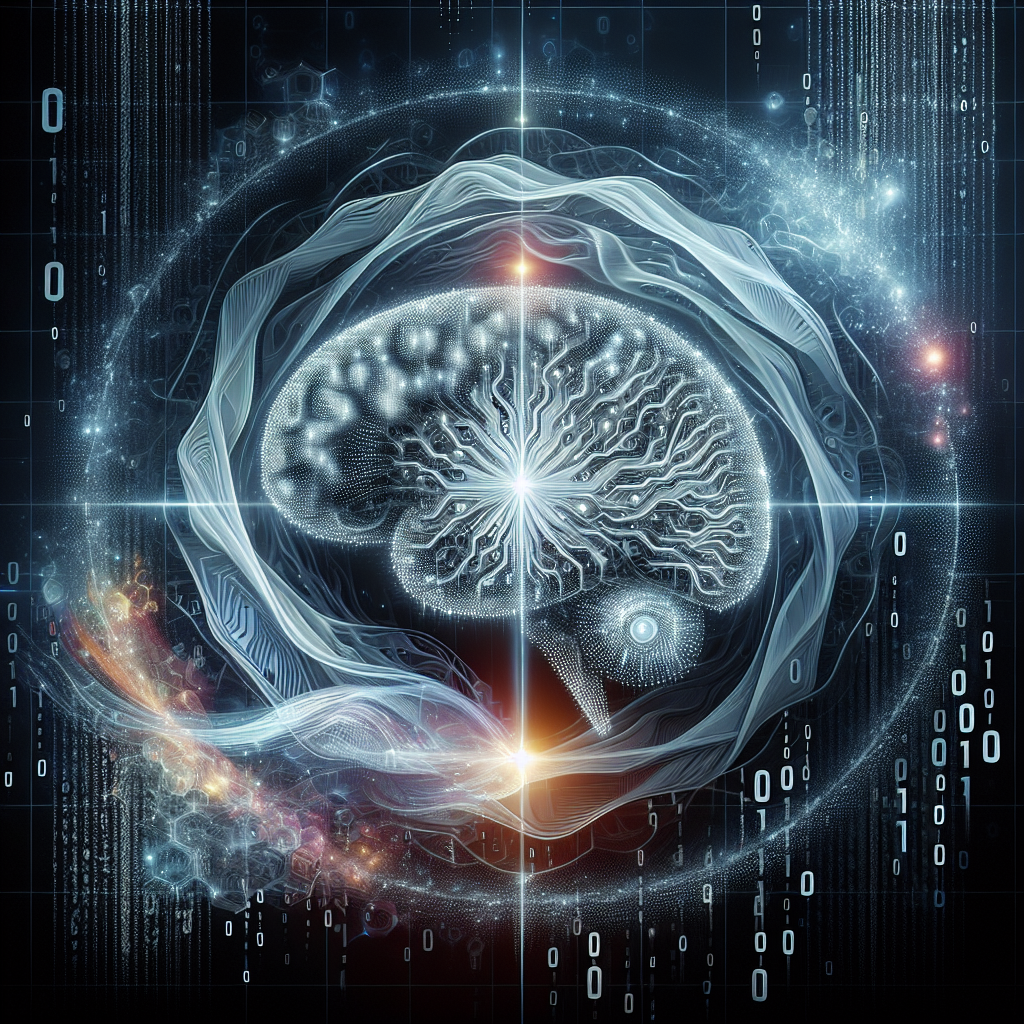Generative AI has been making waves in the world of technology and art, creating stunning pieces of art, music, and even literature. But what exactly is the psychology behind generative AI creations? How does it work, and why are these creations so compelling to the human mind?
One of the key aspects of generative AI is its ability to mimic human creativity. By using algorithms and neural networks, generative AI can learn from datasets and generate new content that is original and unique. This ability to create something new and unexpected is what makes generative AI creations so fascinating to us.
From a psychological perspective, generative AI creations tap into our sense of novelty and surprise. As humans, we are wired to seek out new and interesting experiences, and generative AI provides us with just that. The unpredictability of generative AI creations keeps us engaged and curious, as we never know what the AI will come up with next.
Generative AI creations also appeal to our sense of creativity. By seeing AI generate art, music, or literature, we are reminded of our own creative potential. This can be both inspiring and humbling, as we marvel at the capabilities of AI while also recognizing the unique spark of creativity that sets us apart as human beings.
Furthermore, generative AI creations often evoke a sense of wonder and awe. The beauty and complexity of the creations produced by AI can leave us speechless, as we marvel at the seemingly endless possibilities of AI-generated content. This sense of wonder can be both exhilarating and slightly unsettling, as we grapple with the implications of AI surpassing human creative abilities.
Another psychological aspect of generative AI creations is the way they challenge our notions of authorship and originality. When AI creates something new, who is the true creator – the AI itself, the programmer who designed the algorithm, or the person who trained the AI on a dataset? This blurring of boundaries can raise questions about the nature of creativity and the role of technology in shaping our cultural landscape.
Generative AI creations also have the potential to evoke emotional responses in us. Whether it’s a haunting piece of music or a mesmerizing piece of art, AI-generated content can stir up a range of emotions, from joy and awe to sadness and contemplation. This emotional resonance is a testament to the power of generative AI to connect with us on a deep, human level.
In conclusion, the psychology behind generative AI creations is a complex and multifaceted phenomenon. From tapping into our sense of novelty and surprise to evoking emotional responses, generative AI has the ability to captivate and inspire us in ways that traditional forms of creativity cannot. As AI continues to advance and push the boundaries of what is possible, it will be fascinating to see how our psychological responses to generative AI creations evolve over time.
FAQs:
Q: How does generative AI differ from traditional AI?
A: Traditional AI is focused on solving specific tasks or problems, while generative AI is geared towards creating new content that is original and unique. Generative AI uses algorithms and neural networks to learn from datasets and generate new content, whereas traditional AI relies on pre-programmed rules and algorithms to perform specific tasks.
Q: Can generative AI truly be considered creative?
A: While generative AI can produce original and unexpected content, the question of whether it can be considered truly creative is still up for debate. Some argue that true creativity requires intention, emotion, and consciousness, qualities that AI lacks. Others believe that AI can exhibit a form of creativity that is unique to its capabilities.
Q: Are generative AI creations a threat to human creativity?
A: Generative AI creations have the potential to challenge traditional notions of creativity and authorship, but they are not necessarily a threat to human creativity. Instead, AI can serve as a tool for artists and creators to explore new ideas and push the boundaries of what is possible. Ultimately, the relationship between generative AI and human creativity is a complex and evolving one.
Q: What are the ethical implications of generative AI creations?
A: The rise of generative AI raises a number of ethical questions, particularly around issues of authorship, ownership, and authenticity. As AI continues to blur the lines between human and machine creativity, it is important to consider the impact of AI on our cultural landscape and the ways in which we engage with art, music, and literature.

